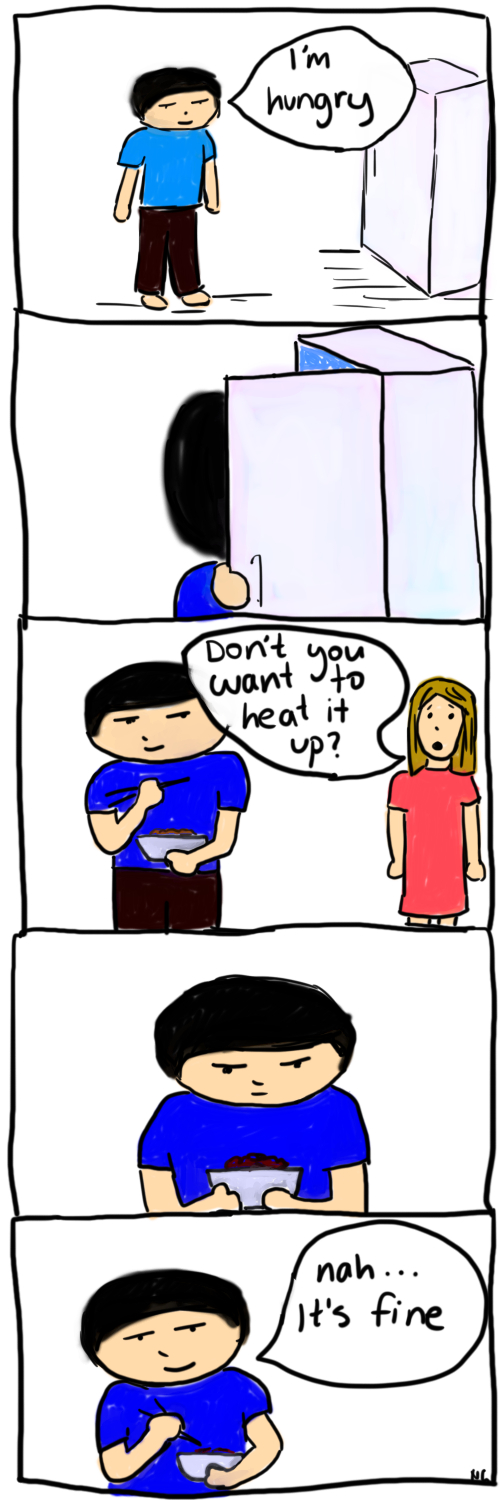
So most of us have probably eaten cold pizza for breakfast or something right? This is different to that. I have noticed Koreans don’t worry as much about food going cold. I’m always hesitant to make generalisations because some things, especially if I’m judging just from my husband, are just a personality quirk and not a cultural difference. Korea however, is one of the most homogeneous countries in the world. When there is not much diversity you do get a culture that really has a certain way of doing things. So there are some things we can say is the Korean way of doing it.
This is something I have noticed and I noticed it early on when I first made Korean friends. If hot food is made and cools down, reheating it isn’t a priority. Many times I witnessed a meal being made and the food that was made first (and that I thought should be eaten hot) was left on the table while other food is being made. That food is then eaten cold even though it was originally hot.
The difference to Western culture is that we usually want our food to stay hot or at least warm. Do you remember being yelled at when it’s dinner time because you haven’t come to the table yet and the food is getting cold? Think how often we use phrases like “come get it while it’s hot!”
Koreans, I’ve noticed, can put leftover cold fried chicken on the table and no one is like “You should reheat that!” Once food has cooled down there isn’t much desire for them to heat it up again.
When I was helping my husband’s mother cook dinner while we were in Korea I made a dish, but she still had to make some more so it was still going to be a while before we ate. I started to panic about my dish because I was worried about it getting cold and not tasting as good. I put foil over it trying to keep the warmth in. In the end when it was put on the table it was cold but it didn’t bother anyone.
You may know a Korean who always wants their food to stay hot, but in general not reheating seems to be the norm. Sometimes people who have stayed in Korea might say things like “I never noticed that” about whatever the issue may be. But I think living constantly with a Korean means you pick up on these little things.
Has anyone else experienced this?
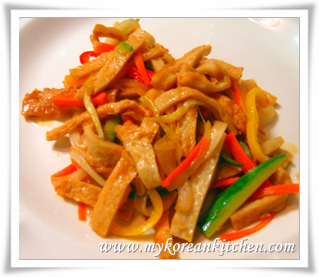

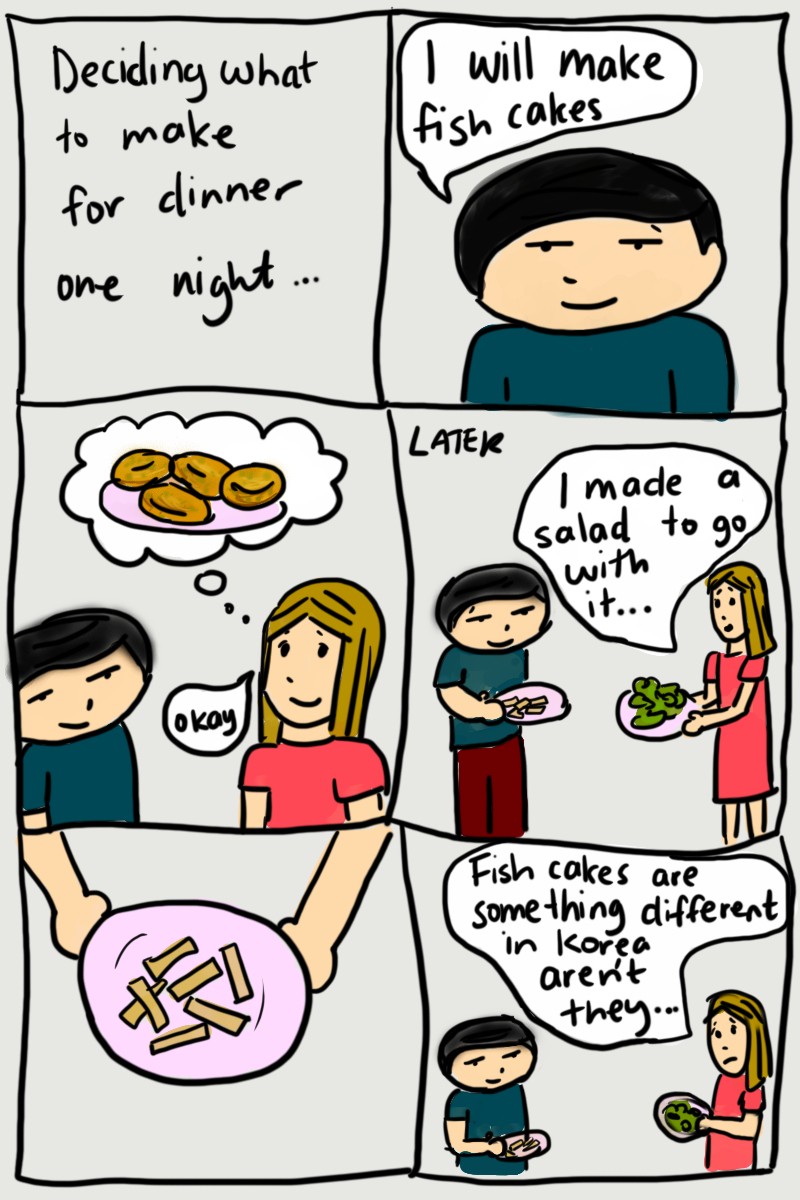
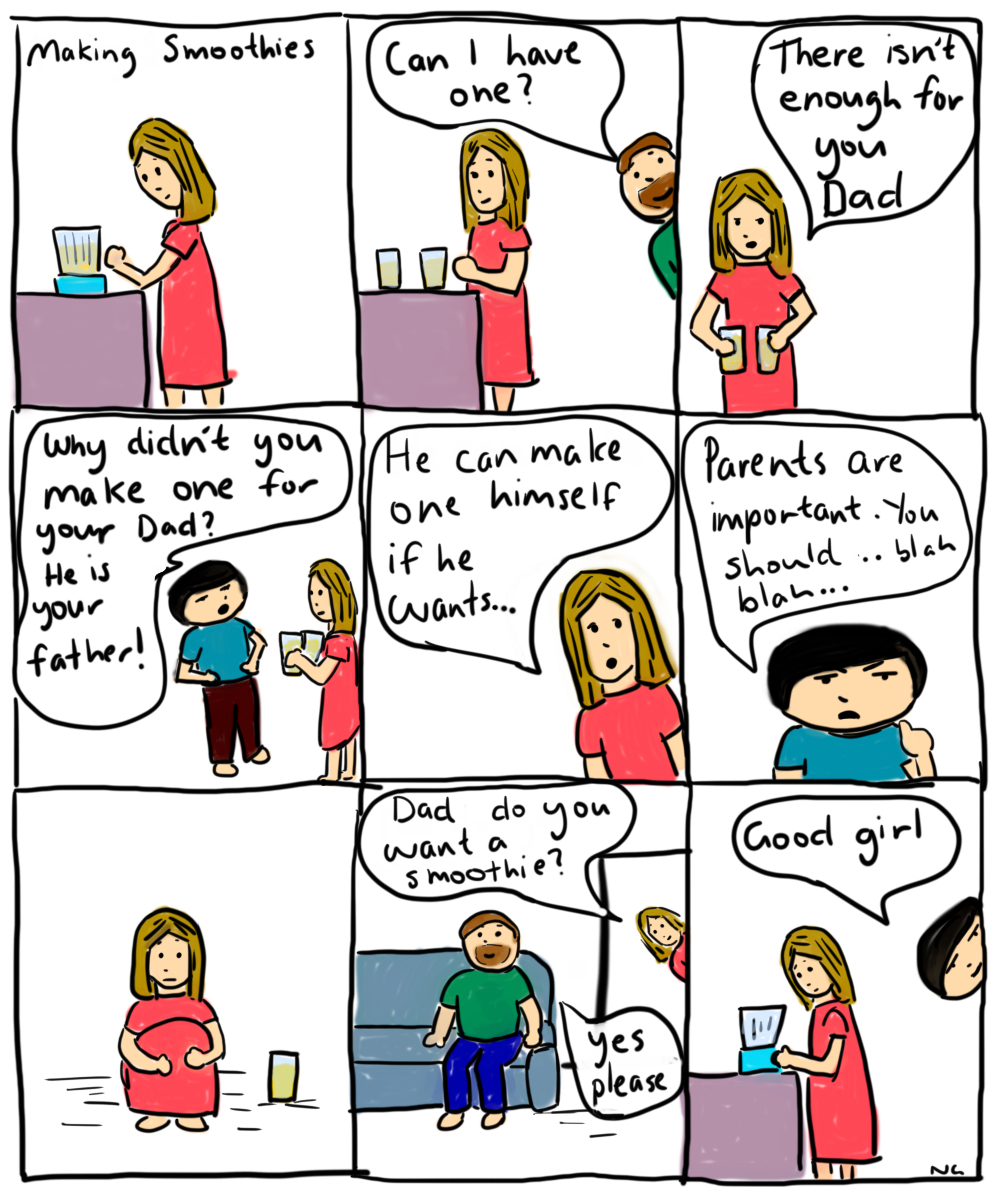

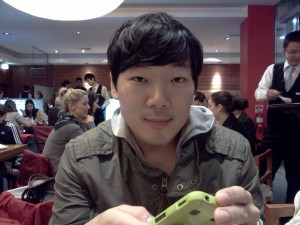

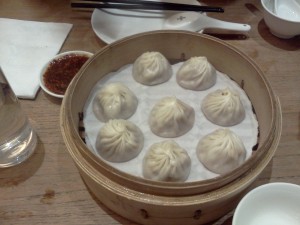

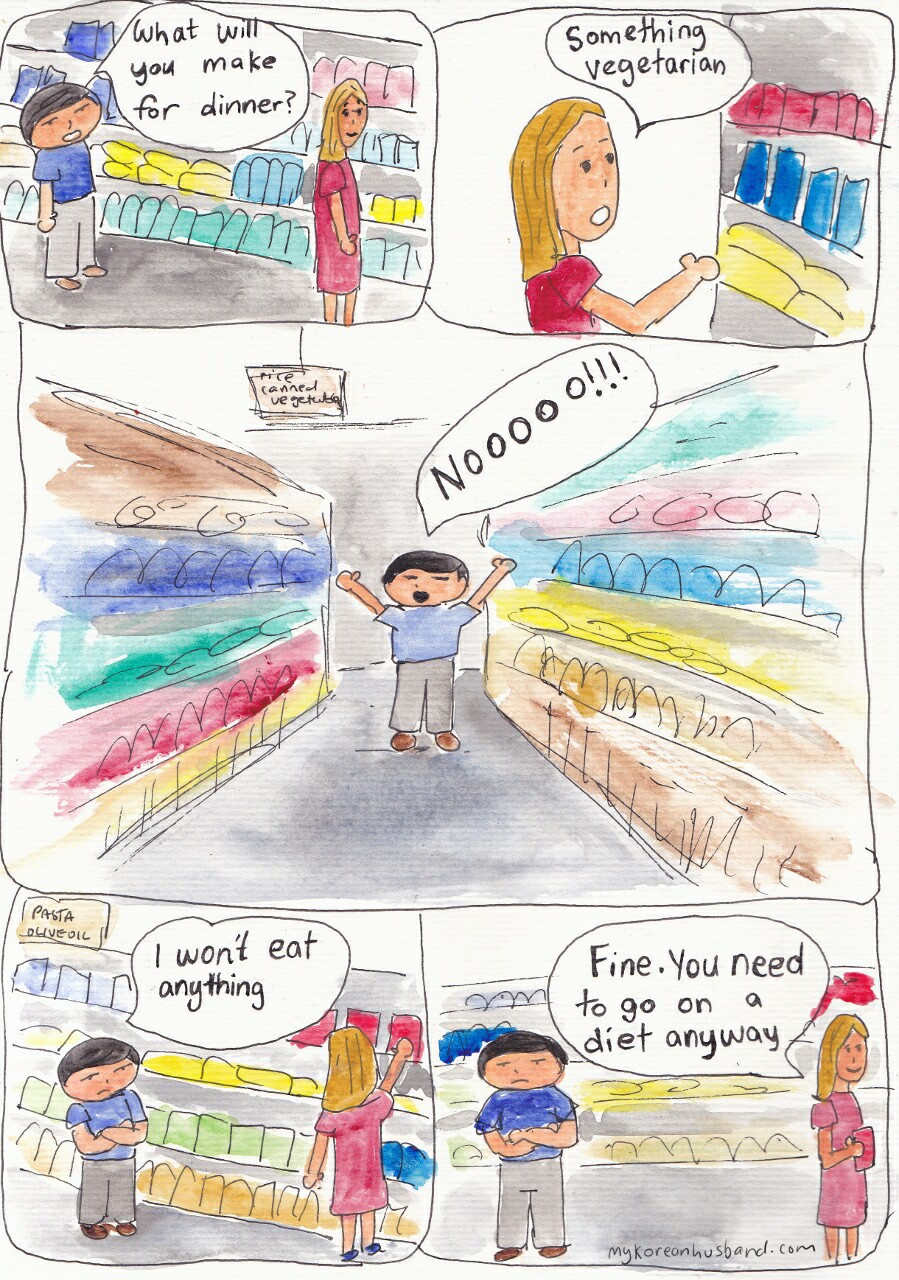
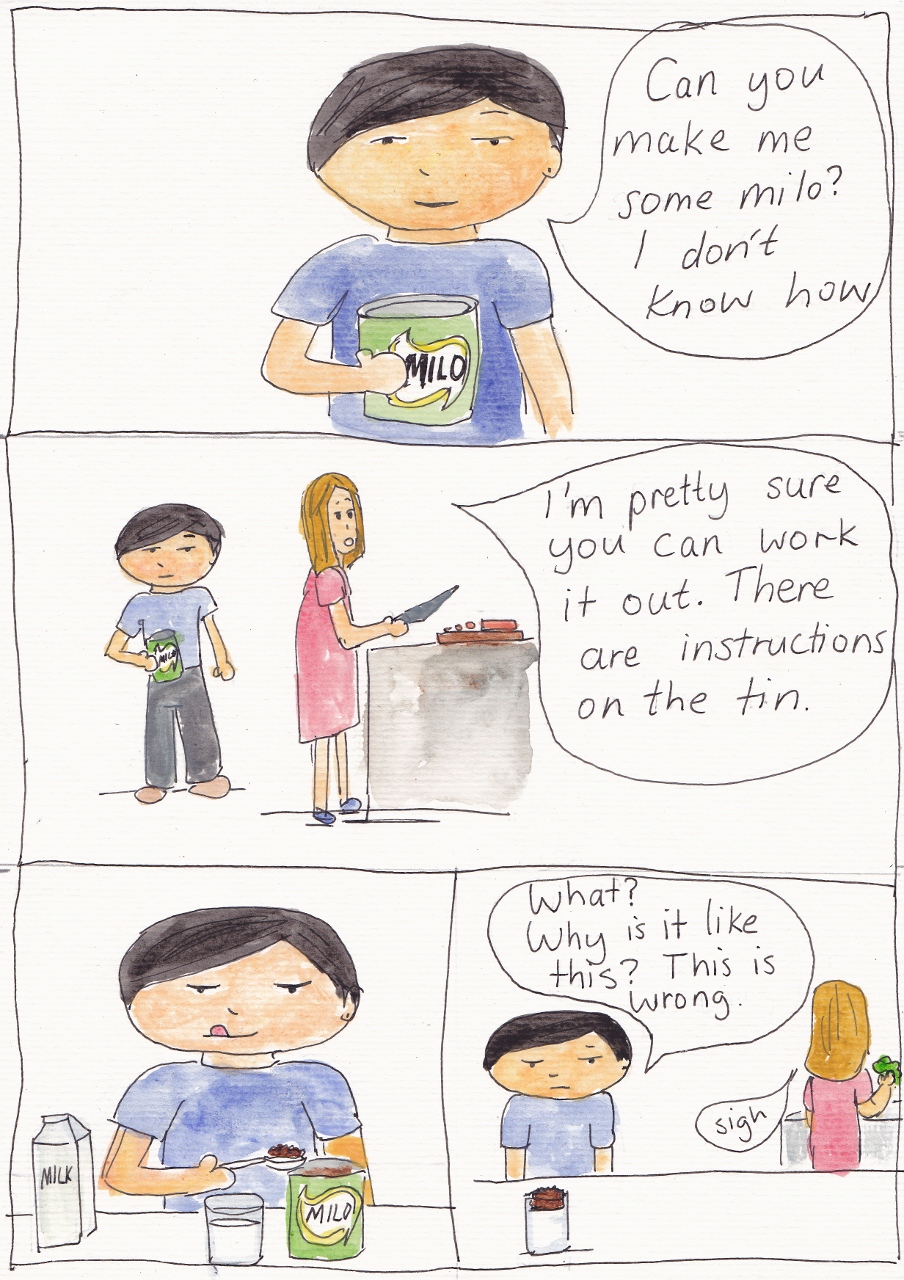

Recent Comments